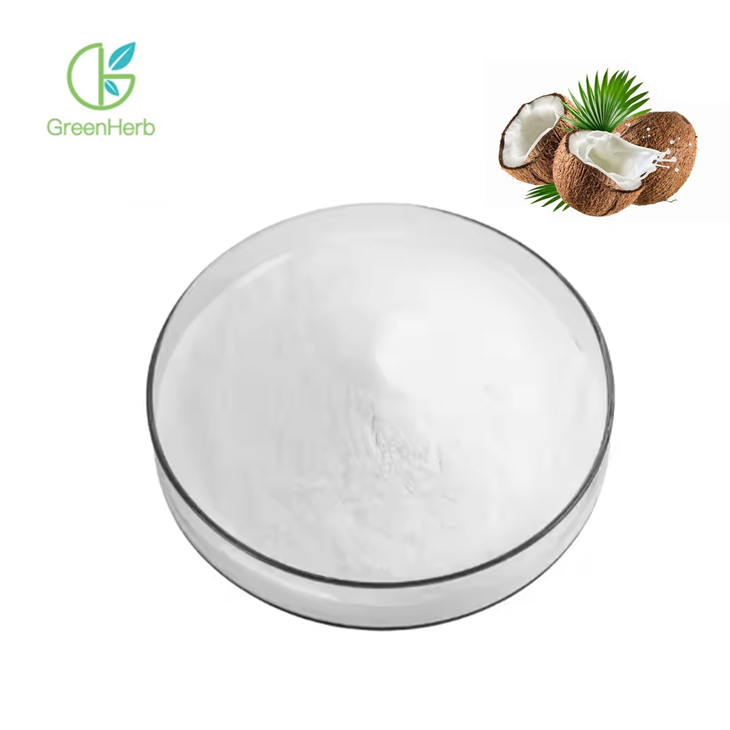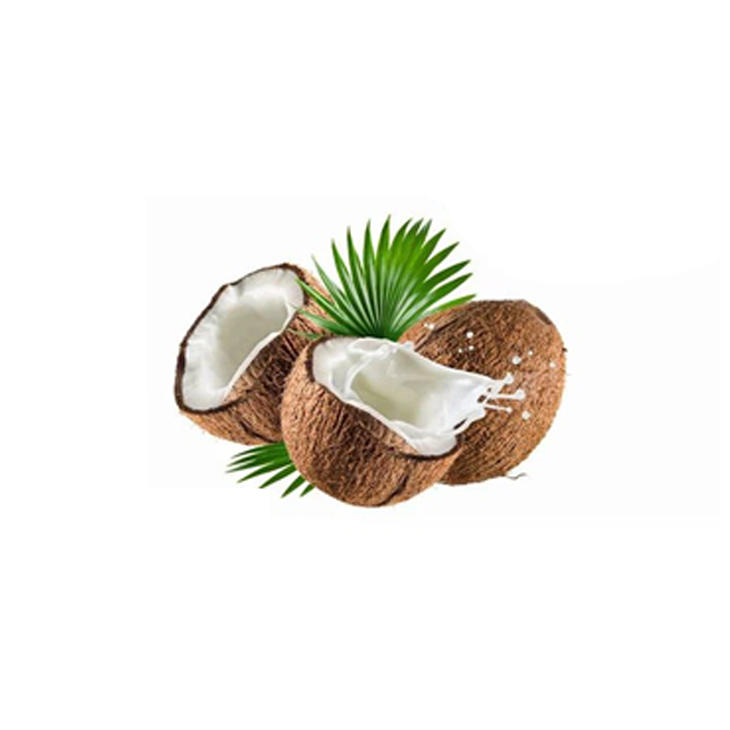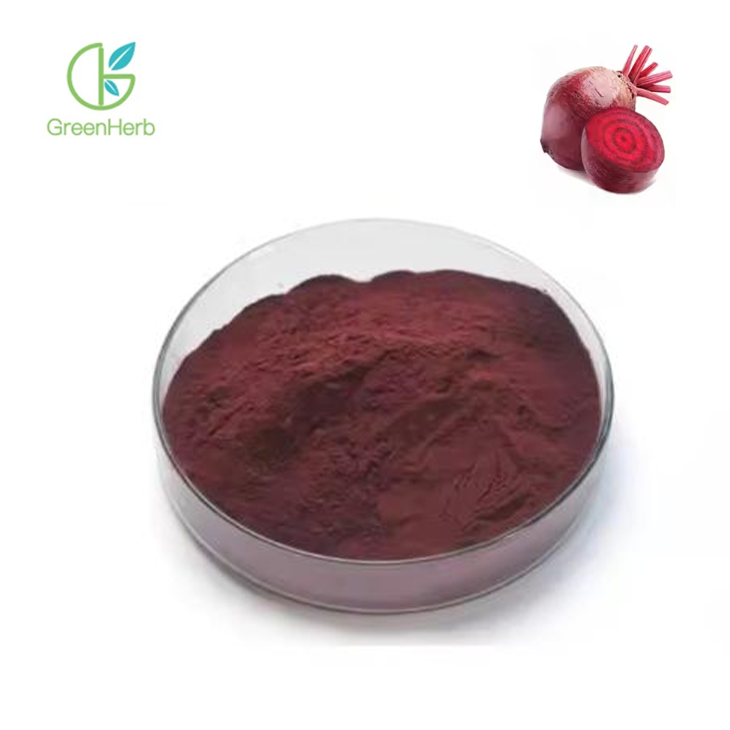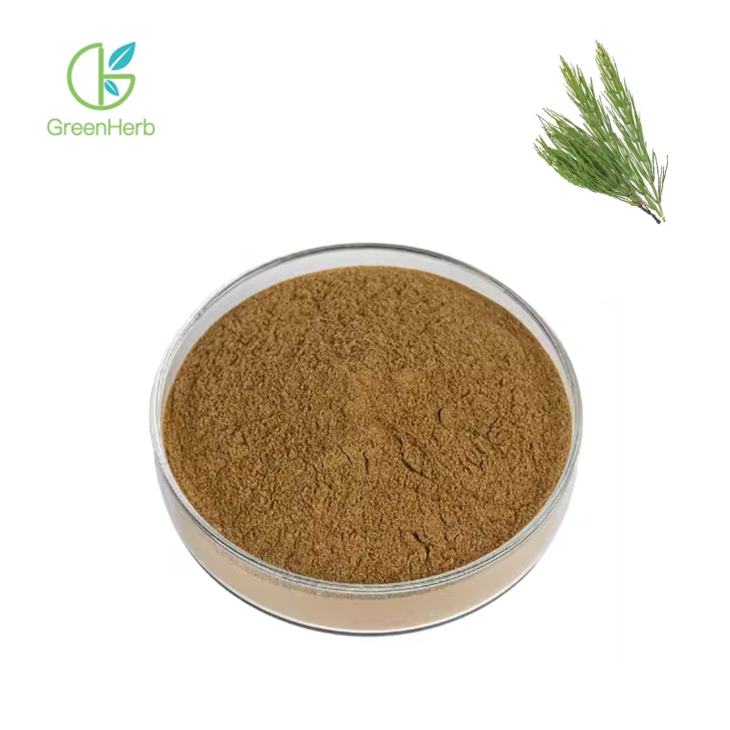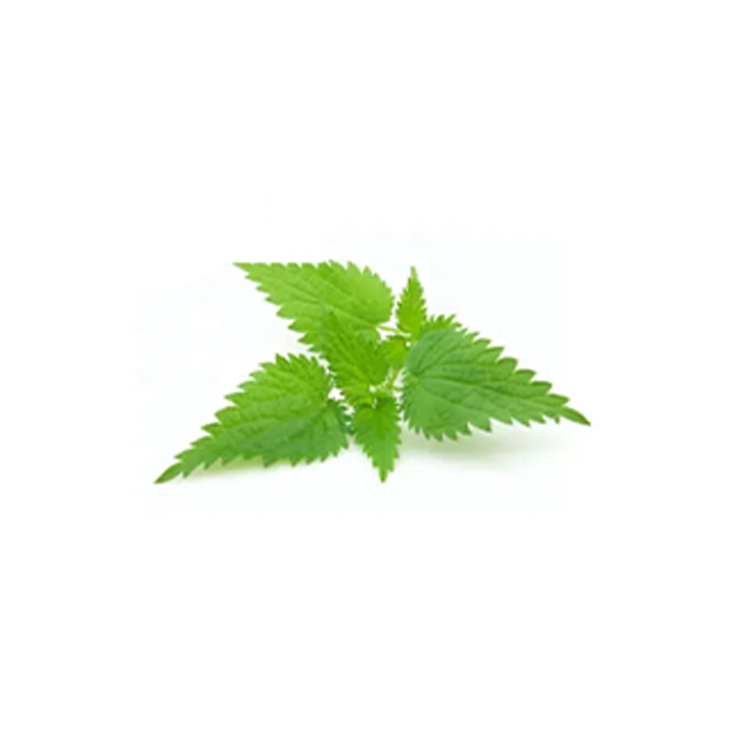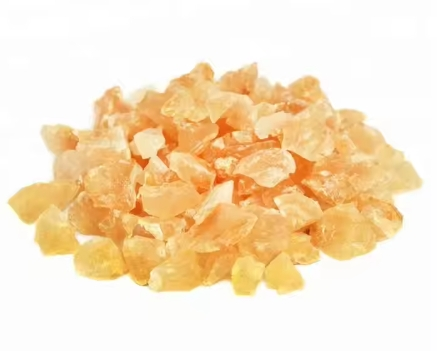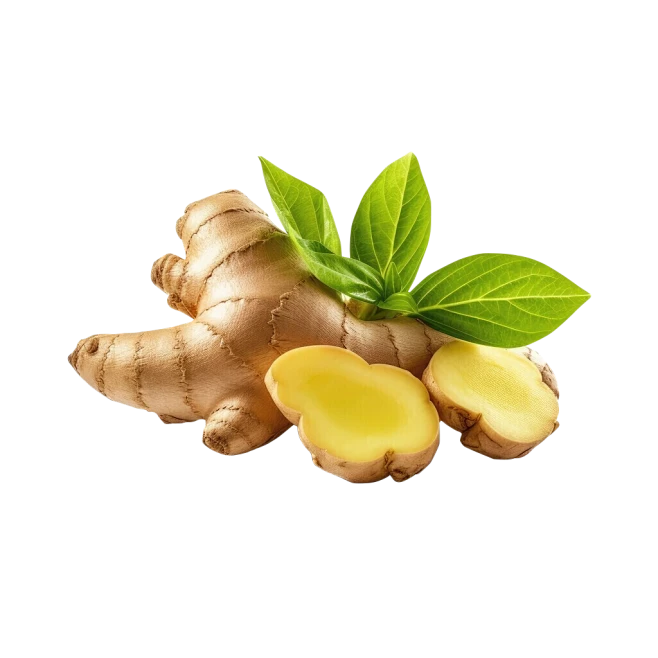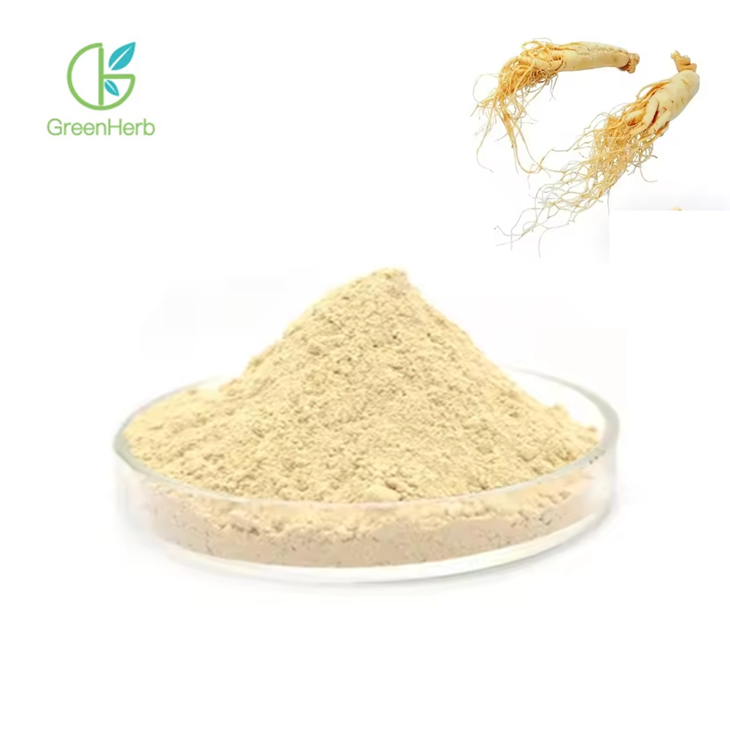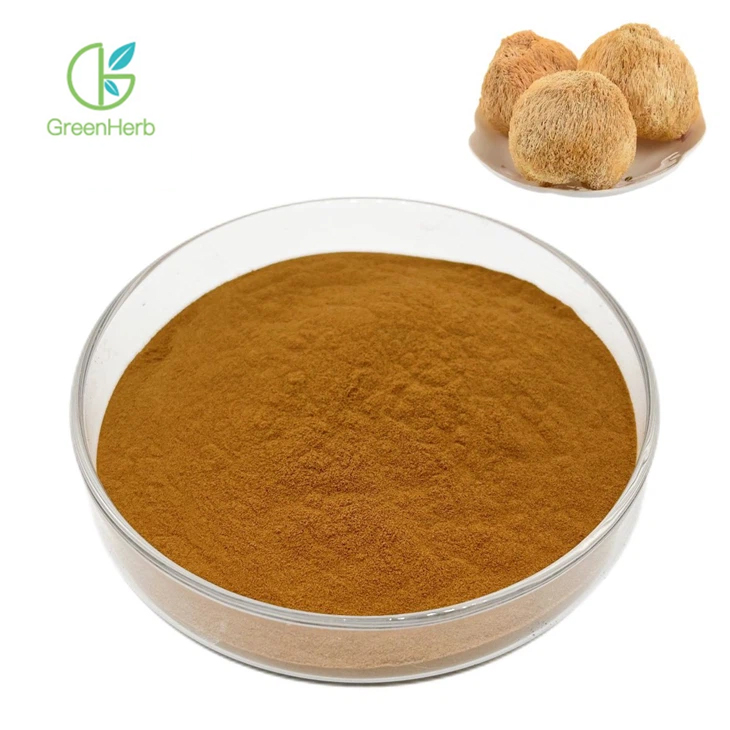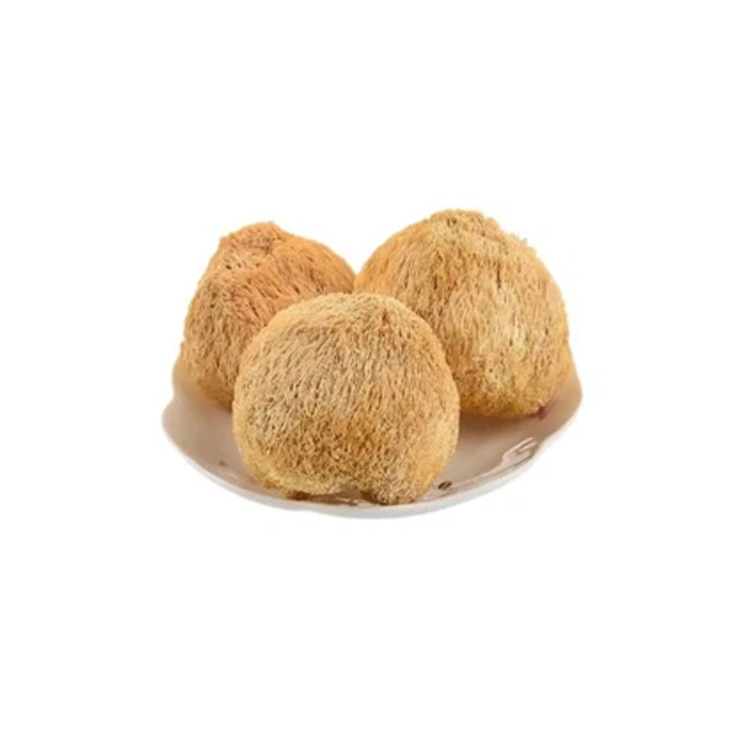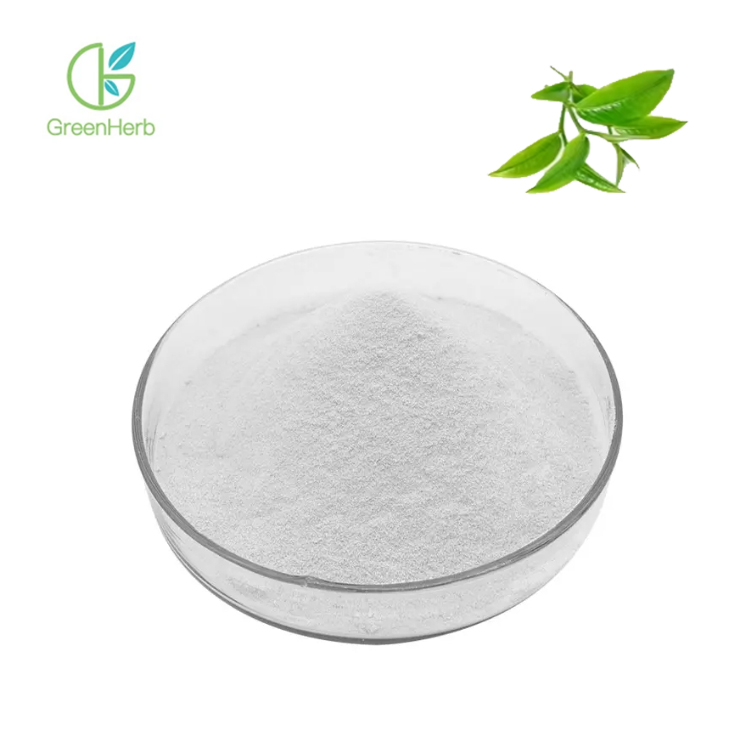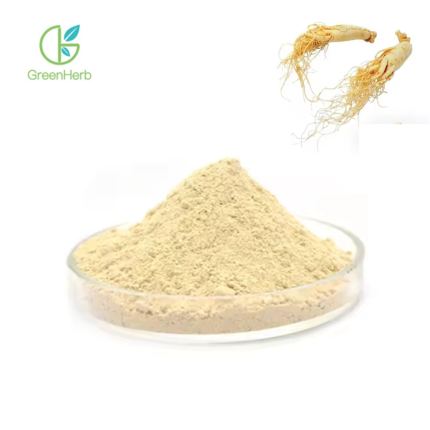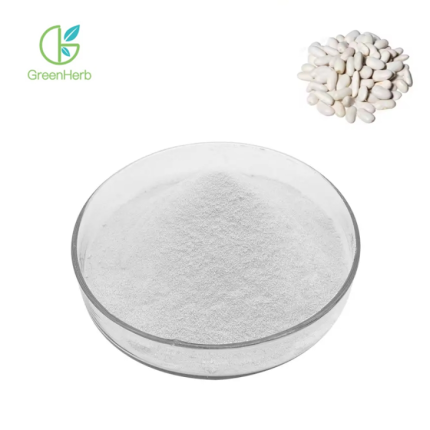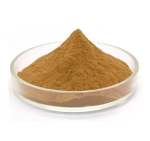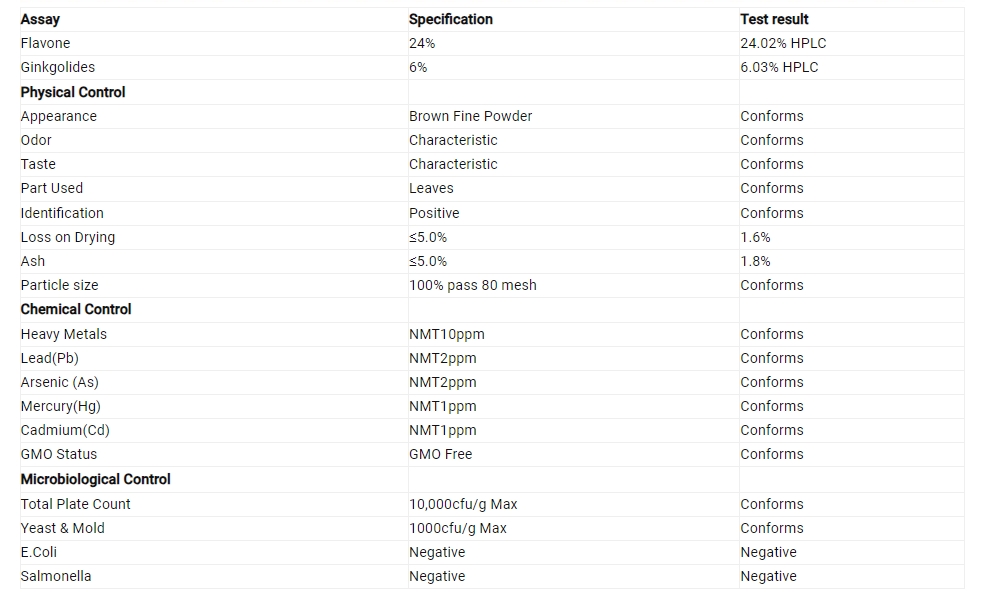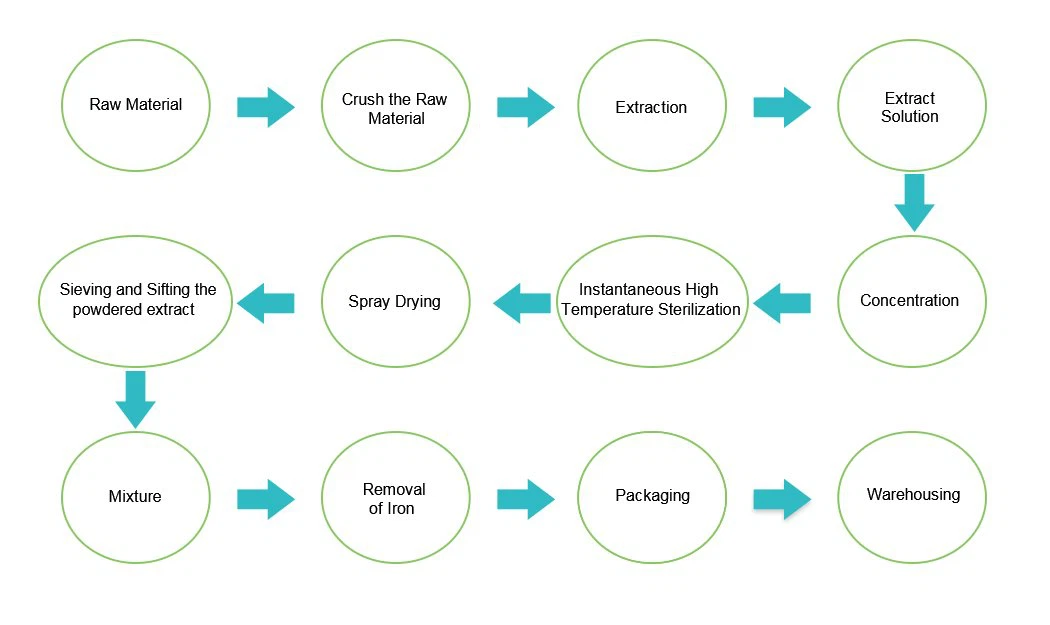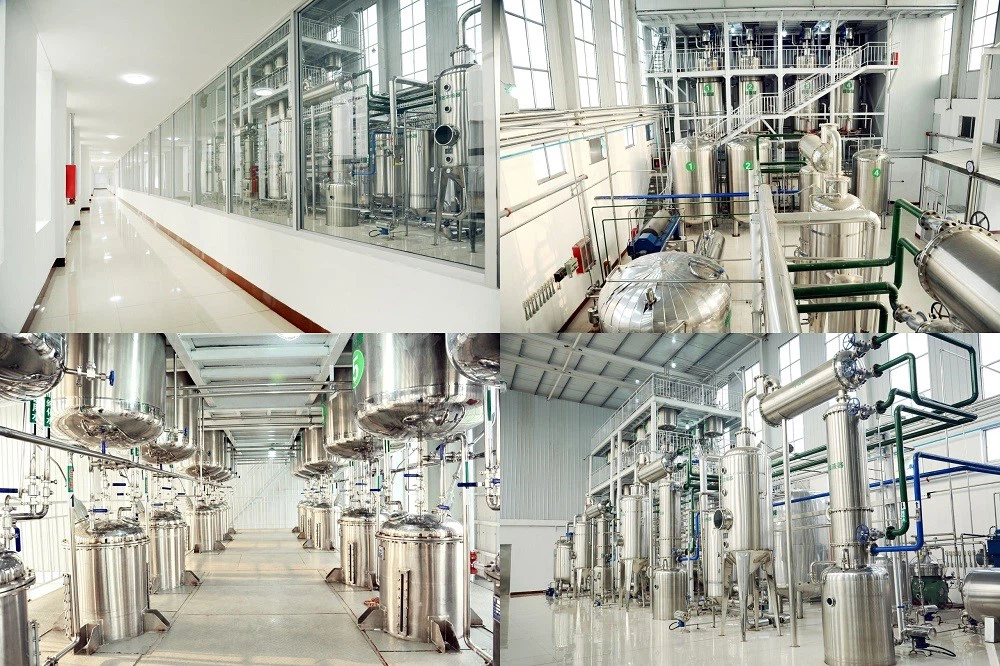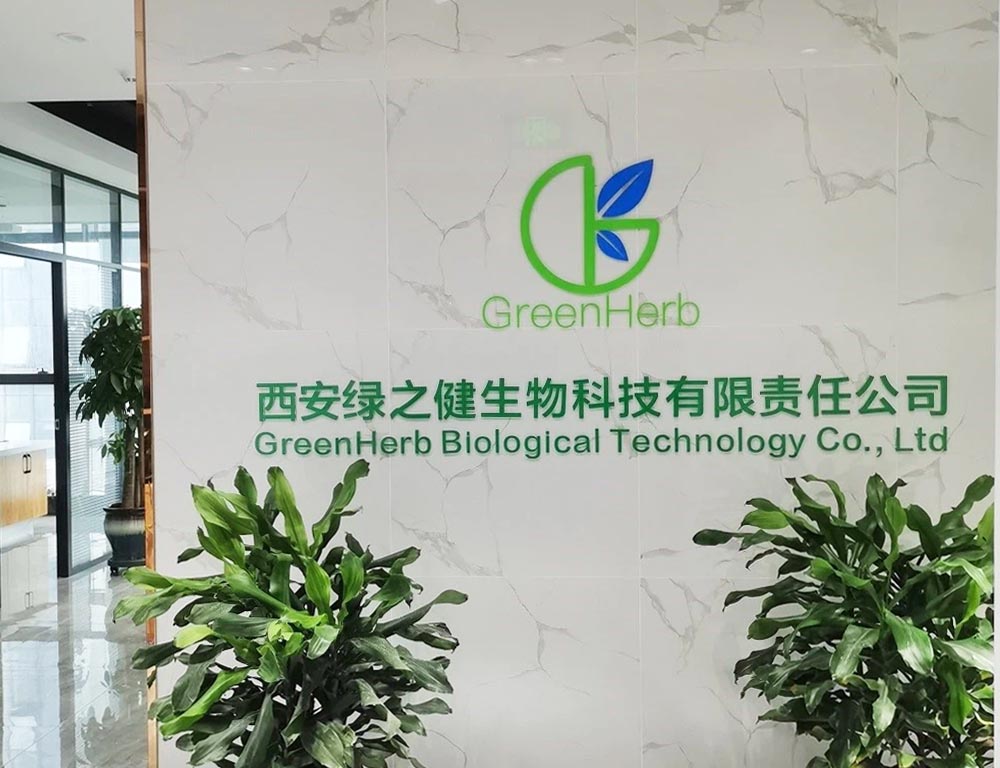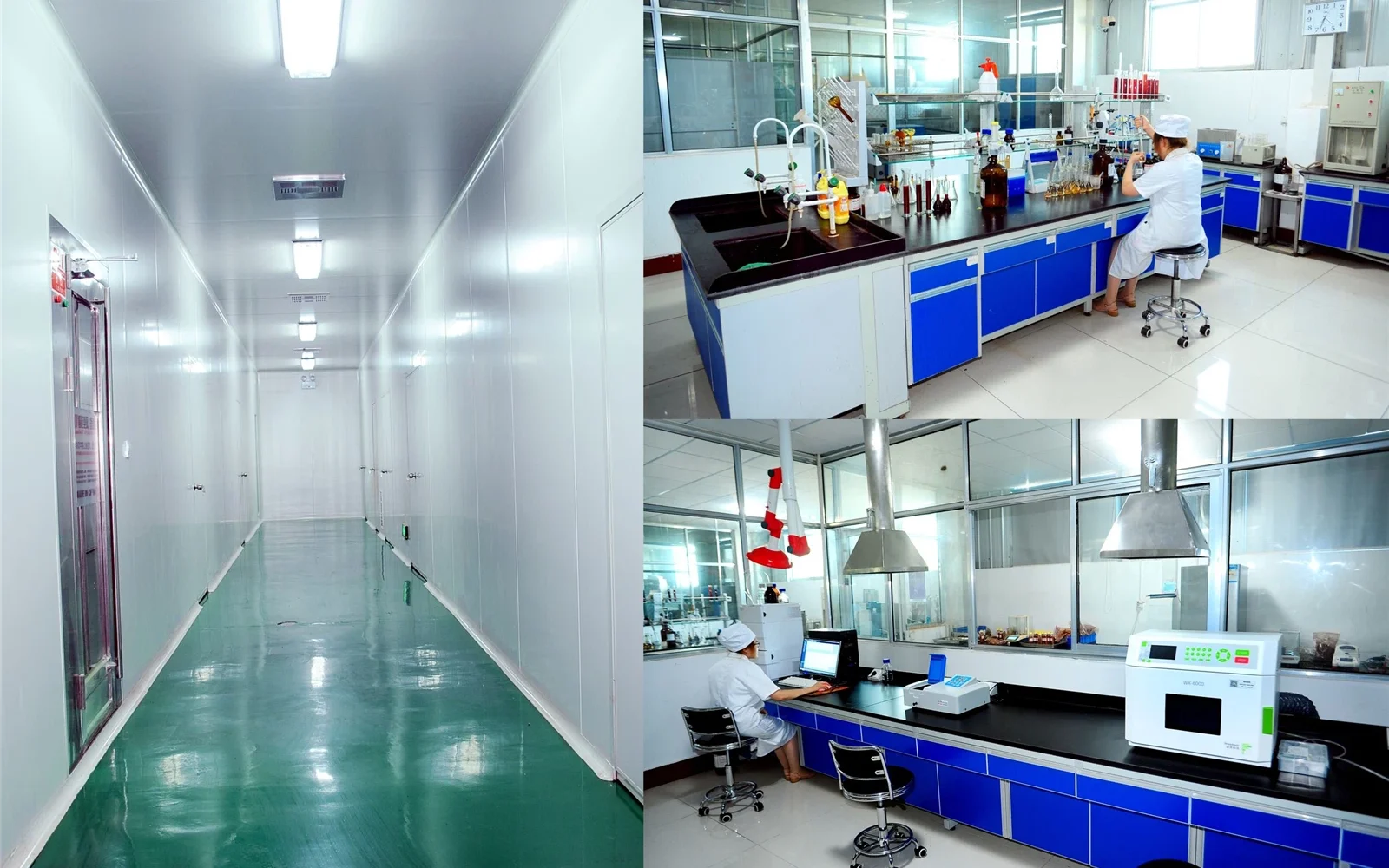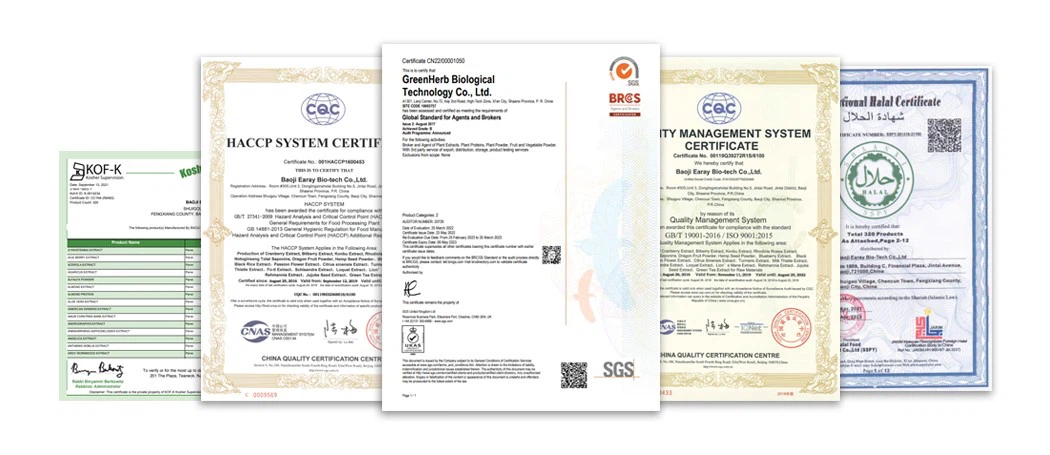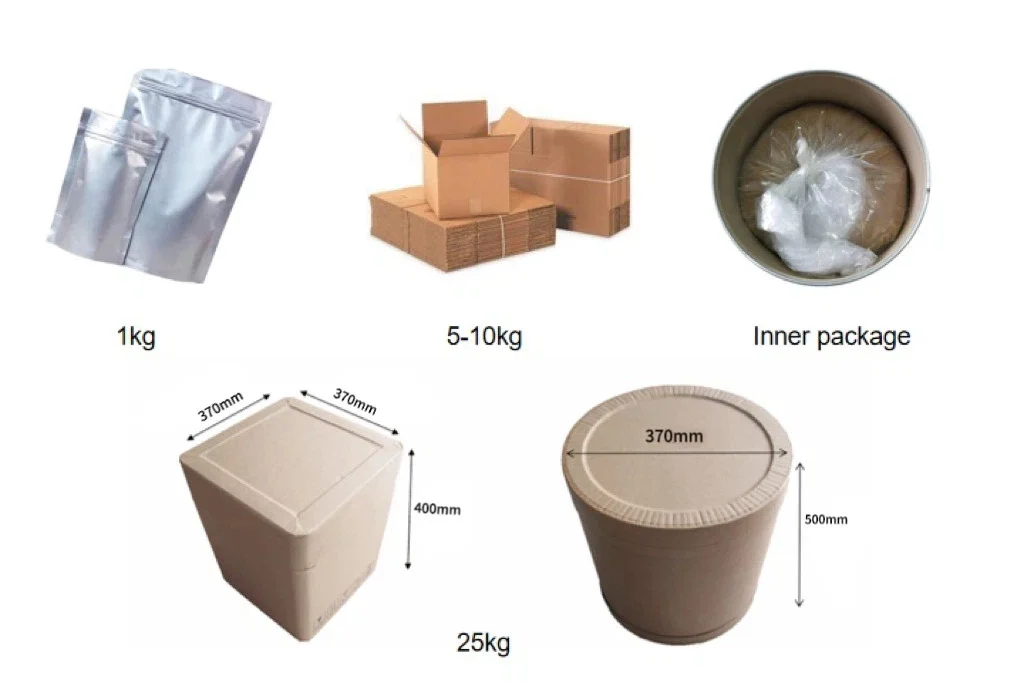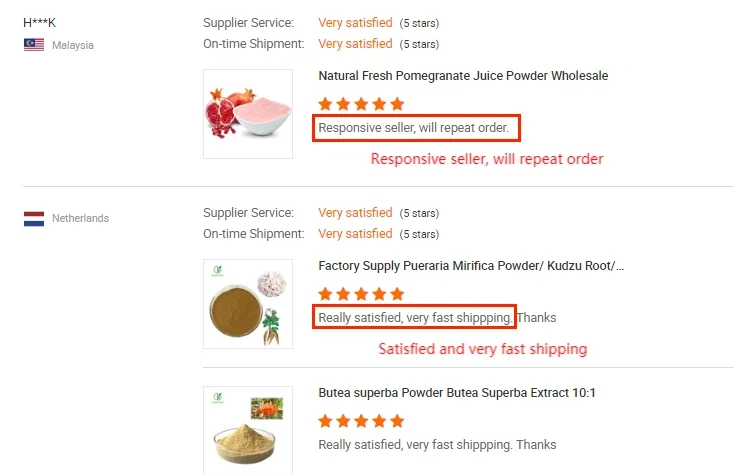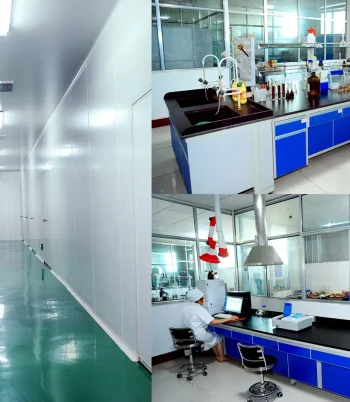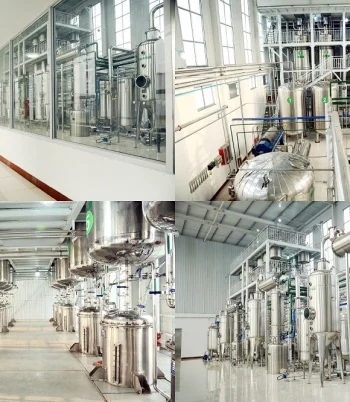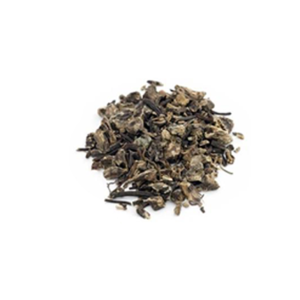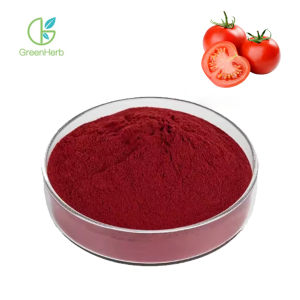1. Whitening Effects
When our physical condition is poor, our endocrine system can become imbalanced, leading to an excess of oxygen free radicals and insufficient superoxide dismutase (SOD). This imbalance results in oxidative reactions in dermal cells, contributing to the formation of lipofuscin (lipid peroxide) and skin issues like melasma or pregnancy spots. The flavonoids in Ginkgo biloba help inhibit pigment formation and deposition in the dermis, promoting skin whitening and preventing pigmented plaques. Additionally, trace elements like manganese and molybdenum in ginkgo leaves can scavenge oxygen free radicals, further inhibiting melanin production.
2. Wrinkle Reduction
Human skin renews itself approximately every three months, yet fine lines may persist. This occurs when newly formed dermal cells, damaged by free radicals, reach the skin’s surface as aging cells. Flavonoid glycosides and flavonols in Ginkgo biloba act as free radical scavengers, protecting dermal cells, improving blood circulation, and preventing oxidative damage that leads to wrinkles.
3. Cardiovascular Benefits
Ginkgo biloba extract inhibits the activity of angiotensin-converting enzyme (ACE) in human serum, which helps dilate blood vessels and enhance blood flow. Its terpene lactones serve as specific PAF receptor blockers, inhibiting platelet activating factor (PAF) and cyclooxygenase or lipoxygenase. Ginkgo biloba extract effectively reduces platelet aggregation induced by PAF without affecting ADP-induced aggregation.
4. Central Nervous System Effects
Ginkgo biloba extract positively influences the endocrine system and the interplay between the immune system and the central nervous system by inhibiting PAF. This enhances brain circulation and metabolism, improving memory function. It also alleviates hypoxia-induced memory impairment, potentially due to increased cerebral blood flow and improved brain energy metabolism. Ginkgolide B shows promise in clinical stroke treatment.
5. Gastrointestinal Protection
Ginkgo biloba extract significantly improves gastric and intestinal ulcers caused by PAF and endotoxin, and it can mitigate ethanol-induced stomach damage. It may also have therapeutic potential for liver cirrhosis, with Ginkgolide B possibly playing a role in treating acute pancreatitis.
6. Respiratory Benefits
The ethanolic extract of Ginkgo biloba directly relaxes tracheal smooth muscle. Inhaled aerosolized Ginkgo biloba extract can inhibit bronchoconstriction and reduce the white blood cell and eosinophil count affected by PAF. This makes Ginkgo biloba extract significant for managing bronchial hyperresponsiveness.
7. Transplantation Support
Ginkgo biloba extract prolongs the survival of transplanted skin, ectopic heart xenografts, and orthotopic liver xenografts. It inhibits the natural killer (NK) cell activity against KC526 target cells and counters the NK cell activity stimulated by interferon.
 Protein Powder22 个产品
Protein Powder22 个产品  Freeze Dried Powder00 个产品
Freeze Dried Powder00 个产品  Fruit & Vegetable Juice Powder55 个产品
Fruit & Vegetable Juice Powder55 个产品  Amino Acid00 个产品
Amino Acid00 个产品  Ratio Extract Powder33 个产品
Ratio Extract Powder33 个产品  Red Clover Extract00 个产品
Red Clover Extract00 个产品  Standard Herb Extract1616 个产品
Standard Herb Extract1616 个产品  Natural Colourings00 个产品
Natural Colourings00 个产品  Active Ingredients Monomer11 个产品
Active Ingredients Monomer11 个产品 







